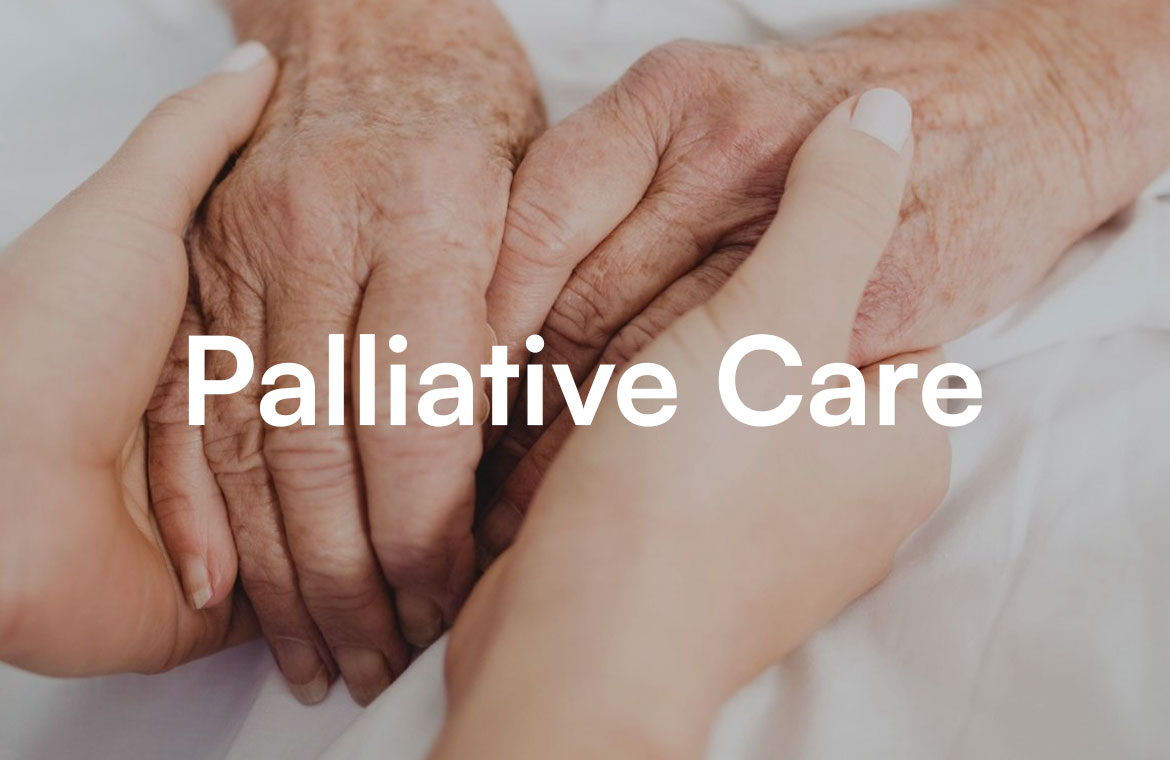Sleep is a crucial aspect of human wellness, yet it is widely overlooked in health campaigns across the globe. Both the World Health Organization and the Centre for Disease Control and Prevention are beginning to emphasize the challenges posed by non-communicable diseases, which collectively lead to about 74% of all premature fatalities internationally. A majority of these early deaths from non-communicable diseases happen in lower and middle-income nations. The diseases being addressed comprise obesity, high blood pressure, diabetes, chronic respiratory ailments, heart conditions, strokes, and various cancers. Sleep disorders, which may be even more prevalent and can affect many of these ailments, often go unnoticed and are ignored. The prevalence of non-communicable diseases presents serious health issues for individuals, with risk factors including lack of physical activity, poor nutrition, substance abuse, and inadequate sleep. Sleep is an essential element of human wellness, affecting numerous biological and mental functions. While sleep needs can change as people age, adults ideally require 7 to 8 hours of rest. As lifestyles evolve, there is a trend toward less sleep, which jeopardizes both physical and mental well-being. Implementing measures to enhance sleep quality, along with the early identification and management of sleep issues, can have extensive benefits for health, productivity, and the economy, and should be a worldwide priority. Although organizations such as the WHO and CDC prioritize non-communicable diseases, sleep disorders, which could have an impact on many of these conditions, are not given sufficient focus.
The Global Sleep Crisis
A large segment of the world’s population suffers from lack of sleep. Roughly one-third of adults in the United States report inadequate rest, while 20% of Australians consistently rely on sleep medications. Research in Europe reveals similar insomnia prevalence (23. 5%), and in the UK, 90% of individuals report ongoing issues with sleep. In India, around 61% of adults get less than seven hours of sleep each night, with the highest rates found among those aged 30 to 50.
The COVID-19 pandemic has exacerbated this issue, as limited sunlight, remote working conditions, and anxiety tied to the pandemic have thrown off sleep routines globally. It’s not an exaggeration to say that many in today’s society are “longing for a restful night. ”
Health Impacts of Poor Sleep
Adequate sleep is not solely about the amount of time spent asleep; it also involves having the right timing and cycling through the necessary stages of sleep to feel rejuvenated. Lack of sleep interferes with hormonal rhythms and deteriorates overall sleep quality, which includes aspects like consistency, fulfilment, and effectiveness.
Proper sleep boosts memory, focus, and productivity. Individuals suffering from sleep deprivation often perform below their potential, frequently without realization. Those lacking sufficient rest typically experience:
- Daytime drowsiness and fatigue
- Persistent headaches and irritability
- Decreased attention span and impaired memory
- Heightened chance of workplace incidents
- Deteriorating academic or work performance
Long-term sleep deprivation is associated with various health issues:
- Heart-related problems: Greater likelihood of high blood pressure, heart attacks, and strokes
- Metabolic issues: Hormonal imbalance that disrupts appetite, which may lead to obesity and diabetes
- Weakened immune system: Increased vulnerability to infections and diminished vaccine response
- Mental health challenges: A significant link to depression, anxiety, cognitive decline, and a heightened risk of dementia
The American Heart Association has highlighted the significance of sleep by incorporating sleep duration into its “Life’s Essential 8” criteria related to heart health.
Why Sleep Problems Are Not Fully Recognized
There are various reasons for the lack of recognition of sleep deprivation as a public health concern:
- Insufficient awareness: A lot of individuals are unaware of how vital sleep is for overall health and the repercussions of not getting enough sleep.
- Cultural habits: Many cultures emphasize being productive over ensuring adequate rest, which normalizes insufficient sleep.
- Misunderstandings: The widespread notion that individuals can perform well on very little sleep leads to a diminished appreciation for sufficient rest.
- Stigma and underreporting: Sleep disorders are often seen as less significant compared to other health issues.
- Lack of medical focus: Healthcare professionals may not consistently screen for sleep-related disorders, resulting in missed diagnoses.
- Limited research and policy attention: Historically, sleep health has been given less priority compared to other health concerns.
Looking Ahead: Solutions
To tackle sleep deprivation as a public health matter, we should focus on:
- Public awareness initiatives: Educating the public on the value of sleep and the dangers of sleep deprivation. Employers ought to recognize the impact of rest on health and productivity.
- Integration into healthcare: Urging healthcare providers to systematically evaluate sleep issues as part of medical check-ups.
- Policy formulation: Developing guidelines that encourage healthy sleep patterns, including reasonable work hours.
- Investment in research: Boosting funding for sleep studies and establishing consistent sleep data collection across nations.
- The Healthy People 2030 initiative in the United States envisions a community where everyone can achieve optimal health. Likewise, India’s recent nationwide campaign addressing obesity should consider sleep health a vital component.
An Urgent Appeal
The World Health Organization should prioritize sleep as a health issue, motivating nations to include it in their health policies. Sleep is relevant to all areas of society and is essential for the United Nations’ Sustainable Development Goals aimed at ensuring healthy lives and promoting well-being for individuals of all ages.
Recognizing the reasons behind the lack of acknowledgment of sleep’s importance and applying targeted strategies can lead to better public health results and improved quality of life. Collaborative efforts among researchers, healthcare providers, and policymakers are crucial to creating effective measures that will foster a society that is happier, healthier, and more productive.
By placing sleep health on the same level as other public health initiatives, we can address a significant but often disregarded factor affecting overall well-being and help lessen the global impact of non-communicable diseases.




